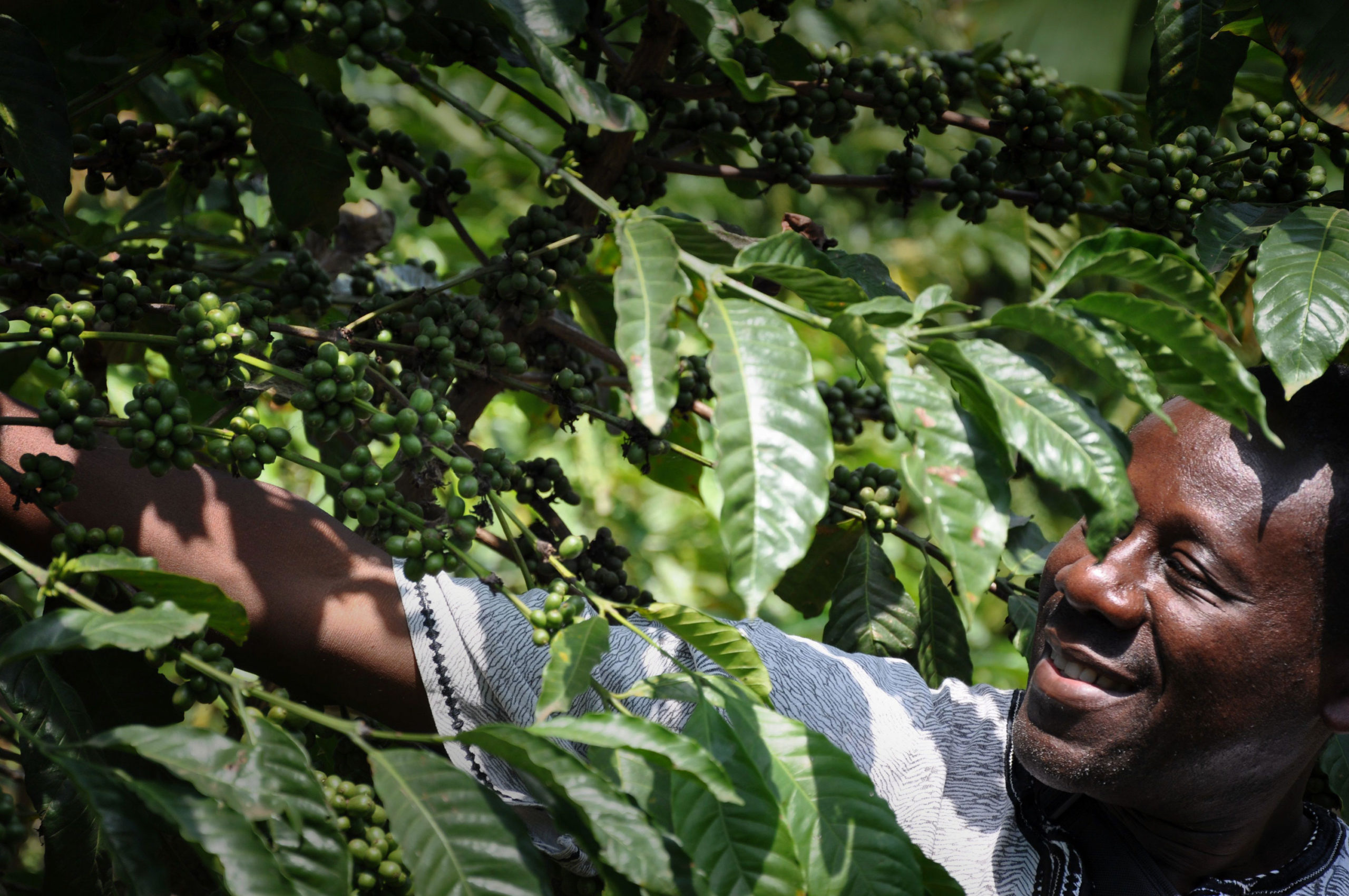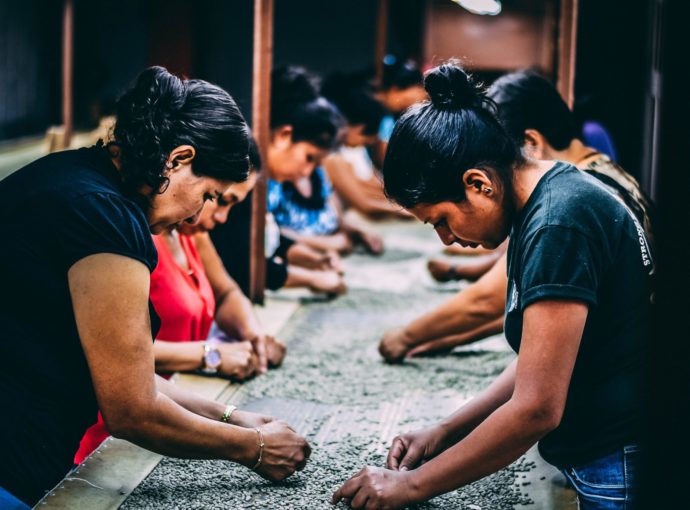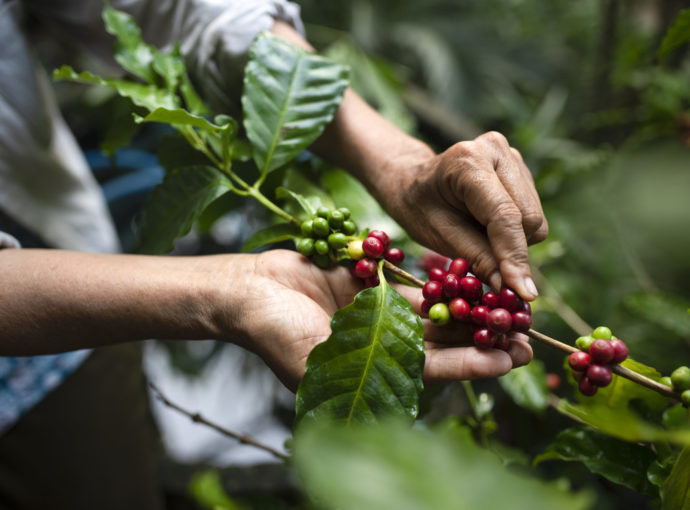COMMITMENT
Going to the next level

As a family business, we attach great importance to establishing strong human relationships based on trust and mutual respect.
So for over 50 years, we have been committed to responsible and ethical trading. We consider growers as true partners, supporting them in the implementation of sustainable production methods and paying a fair price for their crops. We are also particularly concerned by issues such as human rights violations like child labour and gender discrimination, poor environmental practices and deforestation.
Naturally, we comply with the rules and regulations in place, and collaborate with several recognized certification schemes.
Digitalisation supports the need for a greater transparency and traceability within the supply chain, in addition to measuring our impact on the farming communities.
100’000
BAGS OF ORGANIC COFFEE SOLD ANNUALLY AT GROUP LEVEL
50%
OF GROUP COCOA SALES ARE CERTIFIED AND/OR TRACEABLE
30%
OF GROUP COFFEE SALES ARE CERTIFIED
50+
YEARS OF SUSTAINABLE TRADING
EUDR
Enhancing Supply Chain Transparency
The European Union Deforestation Regulation (EUDR) seeks to prevent the production and consumption of seven agricultural commodities, including coffee and cocoa, from contributing to deforestation.
We are fully committed to proactively assessing these risks and helping mitigate the environmental impact within our supply chains. We thus launched a pilot project in 2024 in collaboration with our partner Picterra to:
- Develop detailed mapping of our coffee and cocoa production areas
- Perform a time-based comparative analysis of land plots using satellite imagery to evaluate deforestation risks
- Assist our suppliers in gathering verifiable data to demonstrate compliance within their producer networks
All data collected by our on-the-ground partners is subjected to strict quality control, combining human expertise with artificial intelligence.
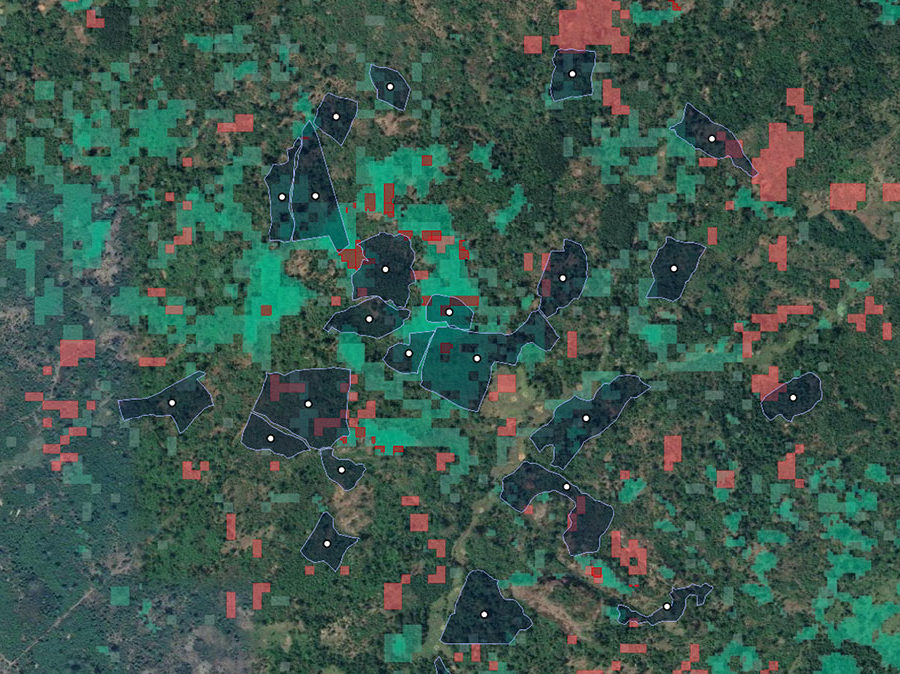
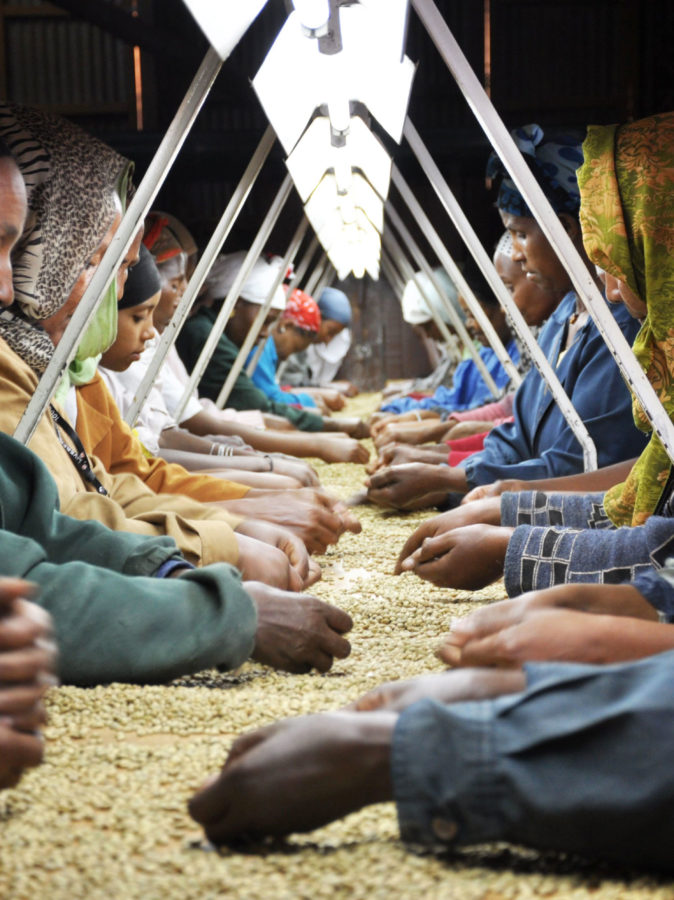
CAFEMA INTERNATIONAL

In 1970, we founded CafeMA International, committed to improving growers’ living conditions through sustainable agricultural practices.
CafeMA exclusively handles FLO-Fairtrade certified coffee, sourced solely from smallholder farmers cooperatives.
CafeMA acts as a partner with these cooperatives to develop FLO-Fairtrade initiatives.
Today, CafeMA represents about 8% of the FLO-Fairtrade volume traded worldwide.
1970
Foundation of CafeMA International by its parent company Walter Matter.
2004
CafeMA International becomes Fairtrade (FLO) certified. The first FLO coffees are marketed.
CONTACT US AT cafema@cafema.ch
VOLUNTARY SUSTAINABILITY STANDARDS
Fairtrade
Fairtrade is an alternative approach to conventional trade and is based on a partnership between producers and consumers. Fairtrade offers producers a better deal and improved terms of trade. This allows them the opportunity to improve their lives and plan for their future. Fairtrade offers consumers a powerful way to reduce poverty through their every day shopping.
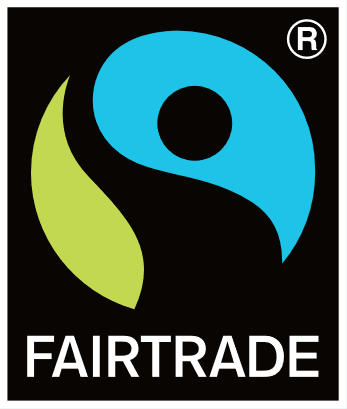
Rainforest Alliance
The main objective of the Rainforest Alliance label is the conservation of the biodiversity, protection of wild animals, protection of child labour for children under 15 years of age.
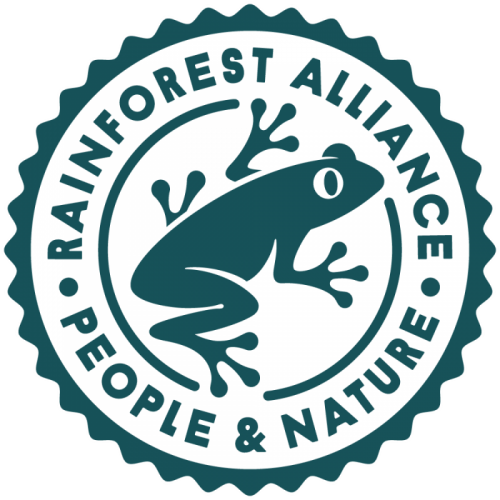
Organic
The organic label is a certification of agriculture production methods without any chemicals products. This type of agriculture is based on the respect for living organisms and natural cycles. It globally manages production by promoting not only the agro-system, but also biodiversity, organic soil activities and biological cycles.
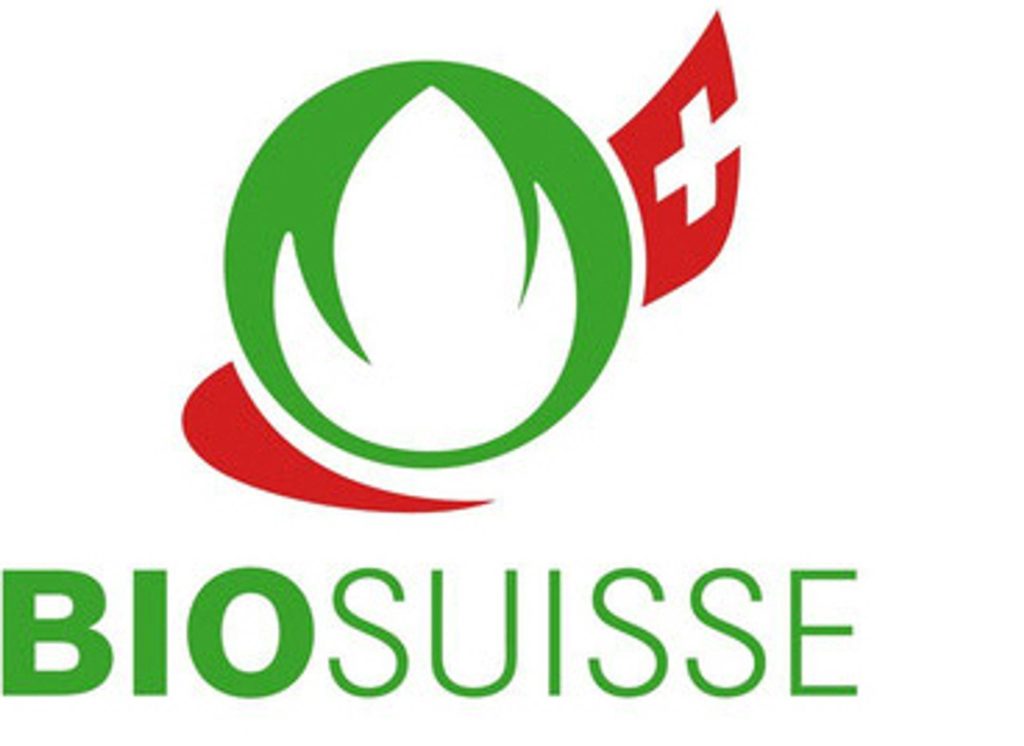
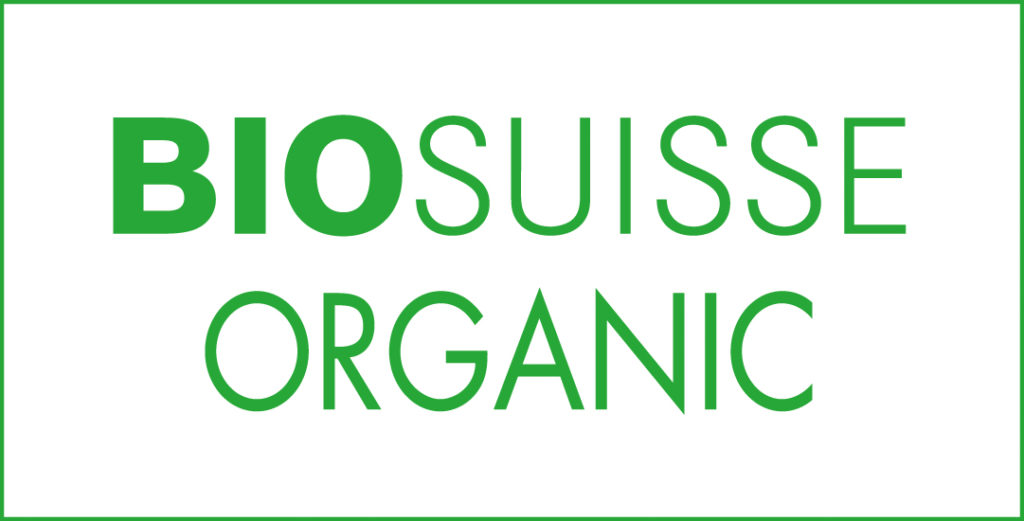
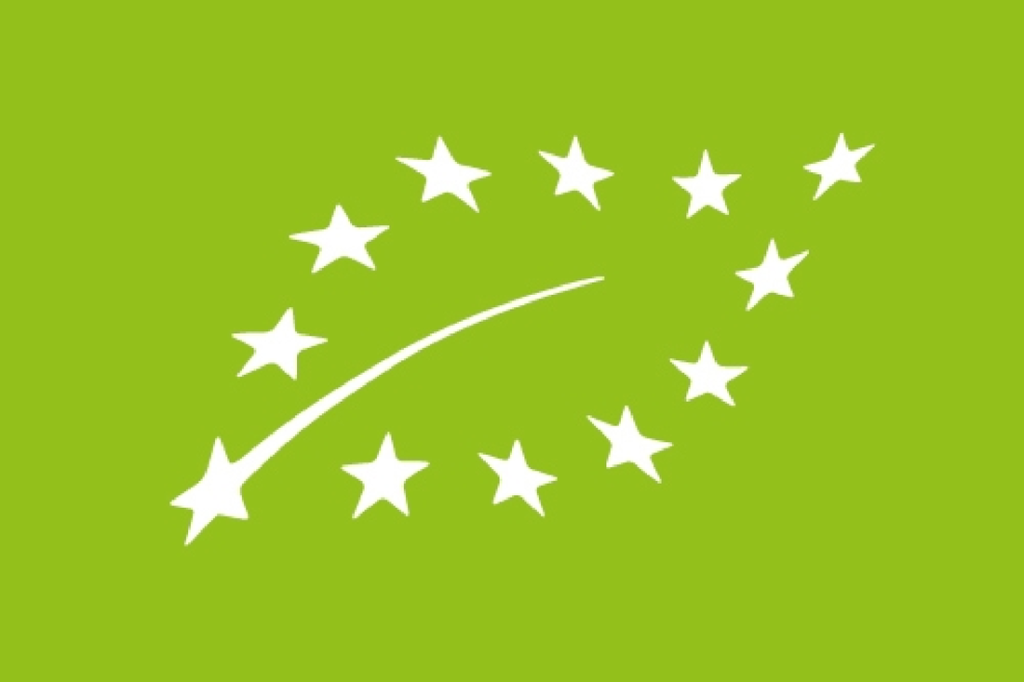
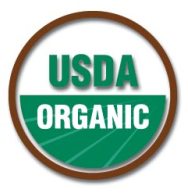
OUR SUSTAINABILITY APPROACH
Our mission : to offer responsibly grown products that meet customers’ expectations, while always taking into account the people and planet’s interests.
Our approach is based on three main pillars.
1
Partnering for success
Fruitful collaborations allow to share expertise, knowledge and best practices.
2
Acting for impact
Through our programs on the ground, we aim to deliver a positive and long-term impact for all stakeholders of the chain.
3
Sourcing for shared value
Playing a pivot role in the chain, sharing success and value remains a priority for us to build a long-term relationship upstream and downstream.
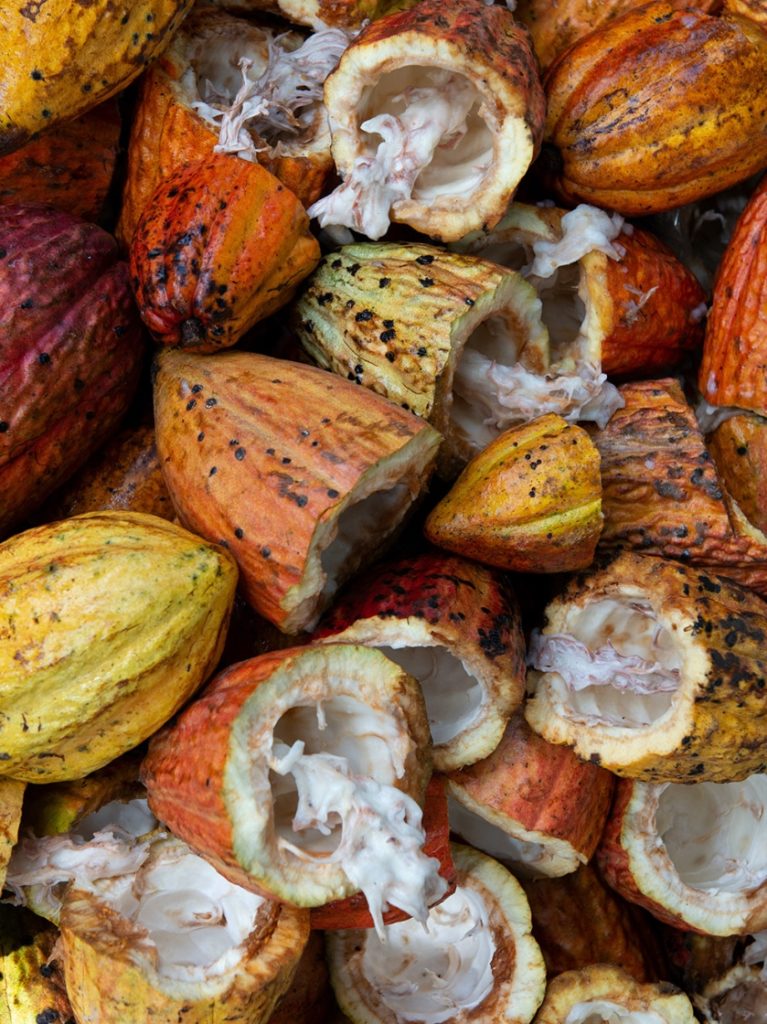
OUR PROCESS
Making a lasting and positive impact requires discipline
Robust project management and rigorous processes are key to significantly help the local communities and deliver a long-term and positive impact on the ground.
All our projects in the fields involve:
- A farmers’ group/cooperative/local exporter
- A coffee roaster/chocolate manufacturer
- A local or international institution/NGO
When launching programs at origins, we follow a 4-step process.
1
DIAGNOSIS
We first assess the situation by conducting a survey to deliver the baseline data and get a clear understanding of the local context.
2
SOLUTION PROPOSAL
We then address the crucial issues, taking into account the locat context and culture. We also engage our partners at origin and at destination.
3
SOLUTION IMPLEMENTATION
The next step is to execute the activities according to the planning and the resources agreed.
4
IMPACT MEASUREMENT &
EXIT STRATEGY
After analyzing the KPIs to build the impact survey, we elaborate the exit strategy of the project, together with our partners.
ETHICS & COMPLIANCE
Engaging stakeholders to embrace the sustainability journey
We engage our suppliers from all origins to embrace the sustainability journey and implement sustainable practices in terms of human rights, environmental protection, and more.
To this end, we have launched our Responsible Business Policy, which addresses the following aspects:
- Compliance & Business Integrity
- Human Rights
- Health & Safety
- Environmental Protection
- Collaboration & Transparency
Progress is regularly measured by our sustainability team and by a third-party auditor based in the origins.
PROJECTS




